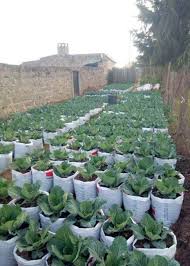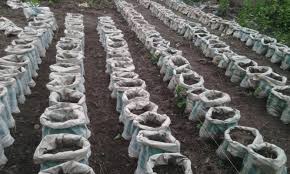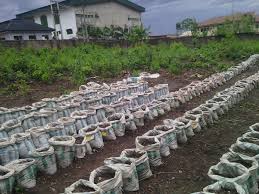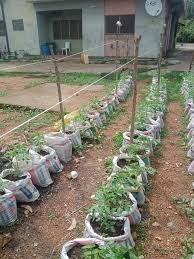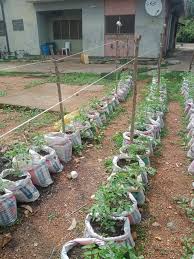STRATEGIC GOALS AND OBJECTIVES / THEMATIC PROGRAMMES
STRATEGIC GOALS AND OBJECTIVES:
PROGRAM / ACTIVITY AREAS
Gender Sensitivity and Mainstreaming
- To implement gender sensitivity programs to promote gender equity and equality in all spheres of social endeavors.
- To promote effective women participation in decision-making in structures of democracy.
- To raise awareness and sensitize communities on the conventions, protocols and ratifications that Ghana is a signatory to, which concerns gender sensitivity and mainstreaming.
People Living with Disability
- Bring together and empower all persons with disabilities against social exclusion.
- To support and assist persons with disabilities to participate as equal members of their families, communities and societies.
- Advocate strongly for rehabilitation of PLWD and those who are mentally challenged.
- To advocate for the passage and implementation of the Disability and Mental Health bills.
Child Rights Advocacy and Protection
- Promote the rights of children to participate in decision making.
- To protect children against child abuse such as child labour and child trafficking.
- To raise awareness and sensitize communities on the conventions, protocols and ratifications that Ghana is a signatory to, which concerns child rights issues.
- To ensure that all children of school going are enrolled and retained in schools.
Water, Sanitation and Hygiene
- To intensify support for access to clean and good drinking water for rural communities in an effort to reducing the risk of Guinea worm and other water borne infections.
- To ensure that most of the deprived communities within our operational area gain access to safe water, sanitation and hygienic education
Advocacy for social and behavioral change on health
- To implement programs that inform communities about health issues, risks, and preventive measures. Using various media channels (social media, workshops, community events) to reach diverse audiences.
- To involve community members in the design and implementation of health initiatives. This fosters ownership and increases the likelihood of sustained behavior change.
- To advocate for policies that promote healthy environments, such as regulations on tobacco use, nutrition labeling, and access to recreational spaces. Supportive policies to create a framework that encourages positive health behaviors.
- To establish support groups and networks that encourage positive behaviors through shared experiences. Peer support to significantly enhance motivation and accountability in behavior change efforts.
Climate change and Sustainable Agriculture
- To facilitate climate-smart agricultural practices to enhance food production resilience against climate impacts. By improving soil health and reducing reliance on chemical fertilizers, communities to achieve sustainable food systems.
- To Improved water management practices to ensure access to clean drinking water for communities.
- To invest in infrastructure that will withstand extreme weather events to protect communities from the impacts of climate change. This includes better urban planning, early warning systems, and community preparedness programs
Food and water insecurity in urban areas.
- Support vulnerable urban households to meet their dietary needs.
- Enhance resilience against climate change the urban and rural areas
- Improve urban vegetation cover to reduce pollutants in the air and reduce surface runoff, which can improve respiratory health and help to lower temperatures
- Improve urban vegetation cover to reduce pollutants in the air, reduce surface runoff, which can improve respiratory health, especially for children.
- They also help to lower summer temperatures























